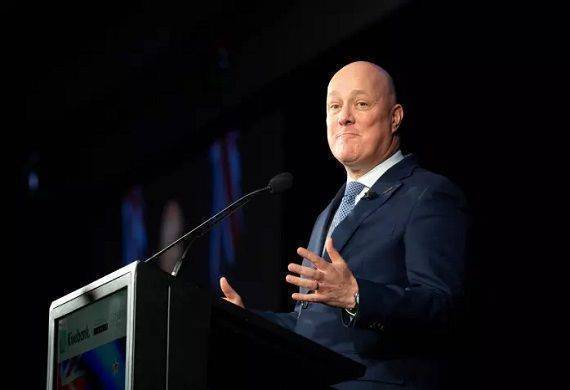New Zealand Opens Door to Wealthy Foreign Homebuyers
By Global Leaders Insights Team | Sep 01, 2025

New Zealand is making it easier for rich foreign investors to buy or build high-end homes, with a new policy announced by Prime Minister Christopher Luxon on Monday.
Starting soon, those with an Active Investor Plus residence visa can purchase a single home worth at least NZ$5 million ($2.94 million). This move partly undoes a 2018 law that banned most foreigners from buying property in the country.
The change comes after New Zealand tweaked its investor visa rules in April 2025, lowering the minimum investment needed for riskier ventures from NZ$15 million to NZ$5 million and dropping the English language requirement.
- New Zealand eases property rules for wealthy foreign investors with NZ5m homes
- PM Luxon unveils policy allowing rich visa holders to buy luxury New Zealand houses
- Foreign buyers return to NZ housing market under new Active Investor Plus visa rules
Before, visa holders had to live in New Zealand for at least six months a year to buy a home. Now, they can own one luxury property without that restriction, as long as it’s worth NZ$5 million or more. The government says this will affect less than 1% of the country’s homes.
“This change navigates a path between those who do not want foreign ownership opened up and the desire to attract high-net-worth investors to help grow the economy,” Luxon said in a statement. New Zealand’s economy has been struggling, dipping into recession late last year and staying sluggish into 2025.
Immigration Minister Erica Stanford shared that 308 visa applications, covering 1,000 people, have already been submitted by August 31. These could bring in NZ$1.9 billion, with about 40% of applicants coming from the United States, drawn to New Zealand’s stability and natural beauty.
Not everyone’s on board. Labour’s housing spokesperson, Kieran McAnulty, worries this could drive up home prices, making it harder for Kiwis to afford housing. But Kelvin Davidson, a property economist at Cotality, thinks the impact will be small. “For the wider housing market, there’s much bigger restraints in the form of the weak labour market,” he said.
Also Read: North Korea's Kim Jong Un Inspects New Missile Production Line
The government plans to finalize the policy by year-end through changes to the Overseas Investment Act, aiming to grow the economy while keeping housing concerns in check.
.jpg)



